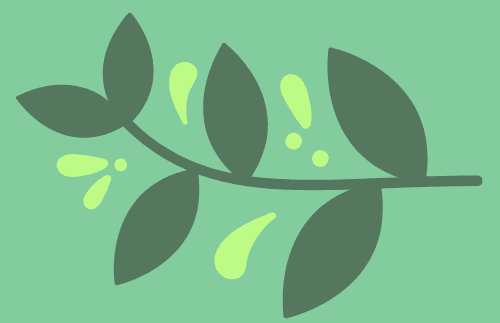
In this country, they are the best-known and most widespread winter vegetable – beet. The tubers can be used in the kitchen in an immensely versatile way. The range extends from vegetable garnish to salad and soup. Beet is generally considered to be tasty and healthy. Prerequisite is, however, that they are cooked raw they hingen not unproblematic for everyone.
Contents
Winter vegetable and superfood
Recently, beet is often classified as a superfood. Of course, this is not entirely wrong, as the tuberous winter vegetable contains a whole range of substances that are extremely healthy and important for the human body. These include for example:
- Iron
- vitamin B
- vitamin C
- Folic acid
- various micronutrients
- many secondary plant substances
However, it must be mentioned that these important substances can only be found in raw beetroot. As soon as you cook or fry them, most of the nutrients are immediately lost. So it can only be called a superfood in its raw state. For this reason, a trend has developed that leads to the fact that the vegetable is consumed more and more raw. Thus, raw pieces are recently more and more often in
salads or as carpaccio. When pureed, the plant is also popular in smoothies.
Note: Beetroot must always be peeled before it can be eaten. Eating the peel is forbidden – if only because it can be heavily contaminated.
Raw problem vegetables
However, beet cannot be eaten raw without hesitation – at least not by everyone. In addition to the many beneficial nutrients, the tubers also contain oxalic acid. This oxalic acid can cause health problems in the human body. Under certain circumstances, for example, it promotes the formation of kidney stones. In addition, oxalic acid makes it difficult for the human body to absorb calcium, which in turn can lead to the formation of urinary stones. And then there is nitrate, which is also present.

Nitrate can be classified as relatively harmless. However, if the vegetables are stored incorrectly or transported for too long, nitrate converts to nitrite in most cases. Nitrite, however, poses a great danger, especially for babies and small children. They should therefore never eat beet in its raw state.
Note: Nitrite can also cause serious health problems in adults who suffer from high blood pressure, for example.
Who should do without?
Beet is therefore not an entirely unproblematic vegetable. When cooked, the tubers are absolutely no danger and can be eaten without hesitation. However, most of the positive nutrients that would qualify them as a superfood are then also missing. Raw, in turn, certain people can get serious health problems from the plant. However, it should also be clear that this does not automatically apply to everyone. Especially the following people should be careful:
- Babies
- Infants
- People with kidney problems
- People with other pre-existing conditions
- people with high blood pressure
- old people
Those who belong to one of these groups should rather refrain from eating raw beet. The benefits of the healthy nutrients in the tuber are offset by too many health risks.
Correct measure
All other people can eat raw beet relatively unhesitatingly. However, the right measure is also important in this context. Over time, excessive consumption can also lead to problems in this group. It is therefore important to find the right measure. If you eat a few pieces of beet once a week, you certainly don’t have to worry. The situation is different if you eat them every day. Unfortunately, the amount that can be tolerated varies considerably from person to person, which is why it is not possible to give precise information on this.


